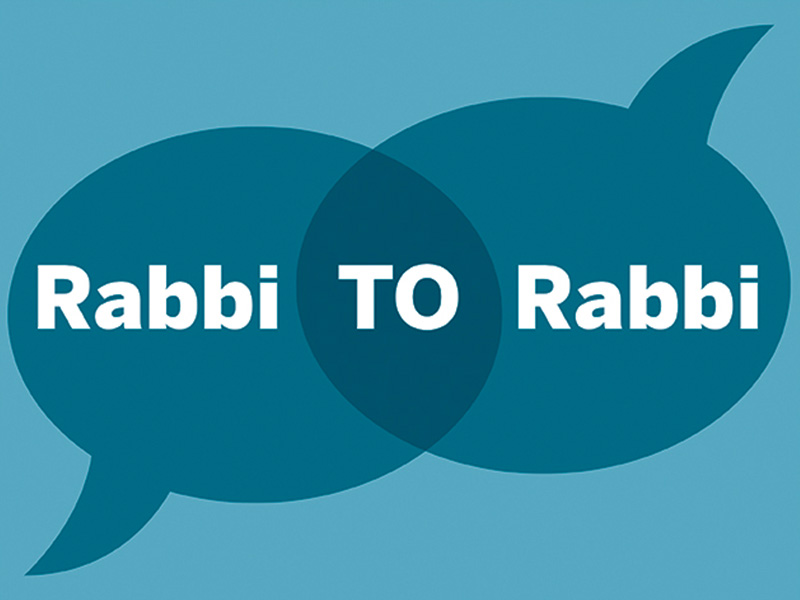With Aleinu, we declare a particularistic assertion to our own people, but we also declare a universalistic hope that one day the world will be united and more human
Rabbi Yael Splansky
Holy Blossom Temple, Toronto
Rabbi Mark Fishman
Congregation Beth Tikvah, Montreal
Rabbi Fishman: One of the most fundamental aspects of Judaism is tfillah – prayer. Yet notwithstanding its centrality, especially in the synagogue, many find it a locked door. Sometimes it helps to slow down and to focus on just one prayer. How about Aleinu?
It is perhaps one of the most well-known prayers for how it ends – everyone seemingly knows the words off by heart. Those who talk their way through services would not dare to miss belting out its last few lines.
What is it about this prayer that captures the imagination? I think that the aspects most central to Judaism are those prayers that the Jewish People, over the years, have come to sing along to with gusto.
We begin Aleinu with the words: “It is upon us to praise the Master of all.” How do you understand this prayer? What does it mean to you?
Rabbi Splansky: Aleinu is the bookend to the Shema.
With Aleinu, we declare a particularistic assertion to our own people: “Hear O Israel, HaShem is One.” With Aleinu, we declare a universalistic hope that one day all the world will be united as one. It challenges us to make it so through our deeds.
Perhaps that’s why the Aleinu is placed at the end of the prayer service. With its rousing chorus it points to what we must do when we leave the doors of the sanctuary.
Rabbi Fishman: “Imagine all the people… living in harmony.” I can hear John Lennon now. Yet I believe the singular most dangerous threat religion poses is people who claim we have to make each person like us.
This is the root cause of fundamentalist religion today: I’m right, you’re wrong. I hold the truth, you are a child of falsehood. I’m saved, and you’re damned. The only salvation is to be like me.
How the Aleinu prayer can come to that final conclusion of praying for a future where we are united as one is something I haven’t yet figured out. Yet while we still live on this side of history, I think there is a dignity to our differences. While there is universality in heaven, God somehow appreciates having a plurality down here on earth.
Rabbi Splansky: This prayer has been controversial for both Jews and gentiles. In the last five centuries, there have been many variations of the text.
In an age that values diversity of thought and belief, how can we understand this call for all peoples to unite under God’s rule? Elie Wiesel explains: “The mission of the Jewish People has never been to make the world more Jewish, but to make the world more human.”
Rabbi Fishman: At the heart of the Aleinu prayer is the value that the Jewish People are distinct, that we are a people “chosen by God.”
This is an oft-misunderstood concept. In today’s society of pluralism, acceptance and the equality of each human being, the concept of being part of the “Chosen People” is seemingly anathema.
Yet it need not be. In fact, the classic approach to this idea is best articulated by Rabbi Samson Raphael Hirsch, who argued that “value is granted not to lineage and ties of birth but to the inwardness of a person – to his humanity.”
Chosenness is, therefore, a call to responsibility, a challenge to live up to greatness and thereby bring others along with us.
Rabbi Splansky: Henrietta Szold wrote: “Our abilities will be on trial before a world full of nations which will judge us in the light of a glorious past of ideal service to humankind. For [the People of] Israel, election has never meant anything but obligation… It is a task, a heavy task, a holy task.”
Aleinu was originally composed for Rosh Hashanah, when we celebrate the conception of the universe. By the early 14th century, it became the concluding hope of every prayer service throughout the year.
I can understand how it became so popular. It zooms out, focuses our eyes on the big picture, gets us to see above and beyond our own suffering.
